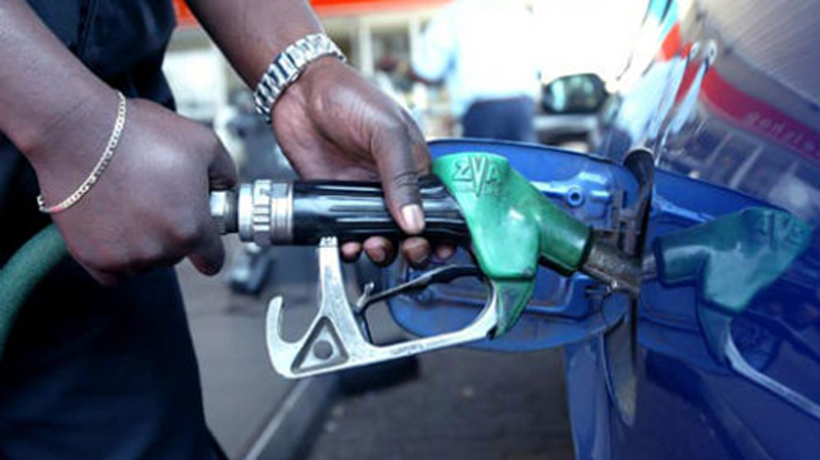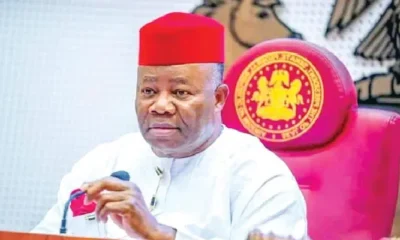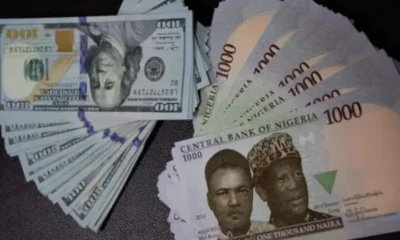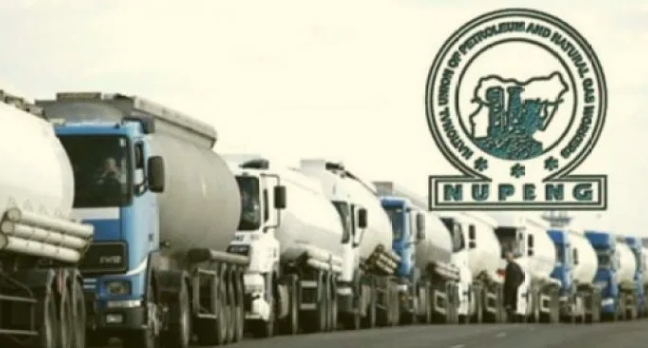Headline
Fuel Scarcity Worsens Nigeria’s Cost Of Living, Check New Fuel Price

Fuel Scarcity Worsens Nigeria’s Cost Of Living, Check New Fuel Price
The lingering fuel scarcity has compounded the problem of millions of Nigerians struggling to survive the inflationary period as prices of items continue to increase.
A litre of petrol in Lagos sells for as high as N250-N300 from N170 two months ago, choking cash-strapped Nigerians who are already grappling with high prices of goods and services.
The increase in fuel price adds to the cost of living of Nigerians which surged to a 17-year high of 21.09 percent in October this year.
Chidinma Irozuru, a trader, who lives in Badagry, told BusinessDay that her transport fare increased by N500 while commuting to work on Monday, November 28.
“Bus drivers were calling outrageous fares; the fare for each trip was doubled and their claim was they bought fuel for N300/litre due to the scarcity,” she said.
Another commuter urged the Federal Government to find a lasting solution to this “negative trend.”
“The challenge of fuel availability in the country needs to be rectified,” she said. “They should find a permanent solution to it.
Fuel Scarcity Worsens In Abuja, See New Price Per Litre
With the threat to shut down supplies by the Nigeria Union of Petroleum and Natural Gas Workers (NUPENG) due to rampant extortion, intimidation, and violent attacks by hoodlums on its members, Nigerians fear that the worst might be underway.
Petrol pump price has risen from the regulated price of N165 per litre to between N250 and N300 depending on filling stations and locations.
Public commuters aren’t the only ones affected, there’s been a surge in the prices of ride-hailing services like Uber and Bolt.
Abisola Ajayi complained that her trip to Gbagada from Festac, which used to cost N3000-N3500, spiked to N7000-N8500.
“The price of this ride-hailing service increased drastically this week because of the fuel scarcity. When I saw this, I opted for public transport, but even at that, I spent more than usual,” Bisola said.
Epileptic power supply also has pushed people to spend more of their disposable income on fuel, which is on the back of the rising fuel scarcity.
“The power supply has been epileptic in my area, so I’ve spent more on fuel this month because I have to fill my car tank and also fuel my generator to keep food in the refrigerator from perishing. I was charged an extra N1000 for buying in keg, all of which ate deep into my income this month,” Bode Olanipekun, an industrial chemist, told BusinessDay.
There’s also fear that the already bullish food inflation rate will increase due to the hike in cost of transport.
-

 News1 week ago
News1 week agoVenezuela’s Machado Clinches Nobel Peace Prize, See Her Journey To The Award
-

 Headline1 week ago
Headline1 week agoSenate Won’t Be Held Hostage By Any Member, Says Akpabio
-

 Education6 days ago
Education6 days agoJUST IN: Maths No Longer A Must— FG Changes Higher Institutions Admission Policy
-

 Headline6 days ago
Headline6 days agoJUST IN: Tchiroma Claims Presidential Election Win As Cameroonian Awaits Official Results
-

 Brands and Marketing6 days ago
Brands and Marketing6 days agoWhy Naira Depreciation Is Not Necessarily Bad— IMF Explains
-

 Brands and Marketing1 week ago
Brands and Marketing1 week agoNaira Appreciates Against Dollar Today, See New Exchange Rate
-

 Entertainment1 week ago
Entertainment1 week agoJUST IN: Famous Evangelist Uma Ukpai Is Dead— Reports
-

 Headline6 days ago
Headline6 days agoFULL FIXTURES: S’Eagles Draw Gabon In Crucial World Cup Play-Off Semi-Final
-

 Headline3 days ago
Headline3 days agoFIFA RANKING: Super Eagles Now Among Africa’s Elite Five— See New Ranking
-

 Education1 week ago
Education1 week agoASUU Set To Begin Warning Strike, See Date









